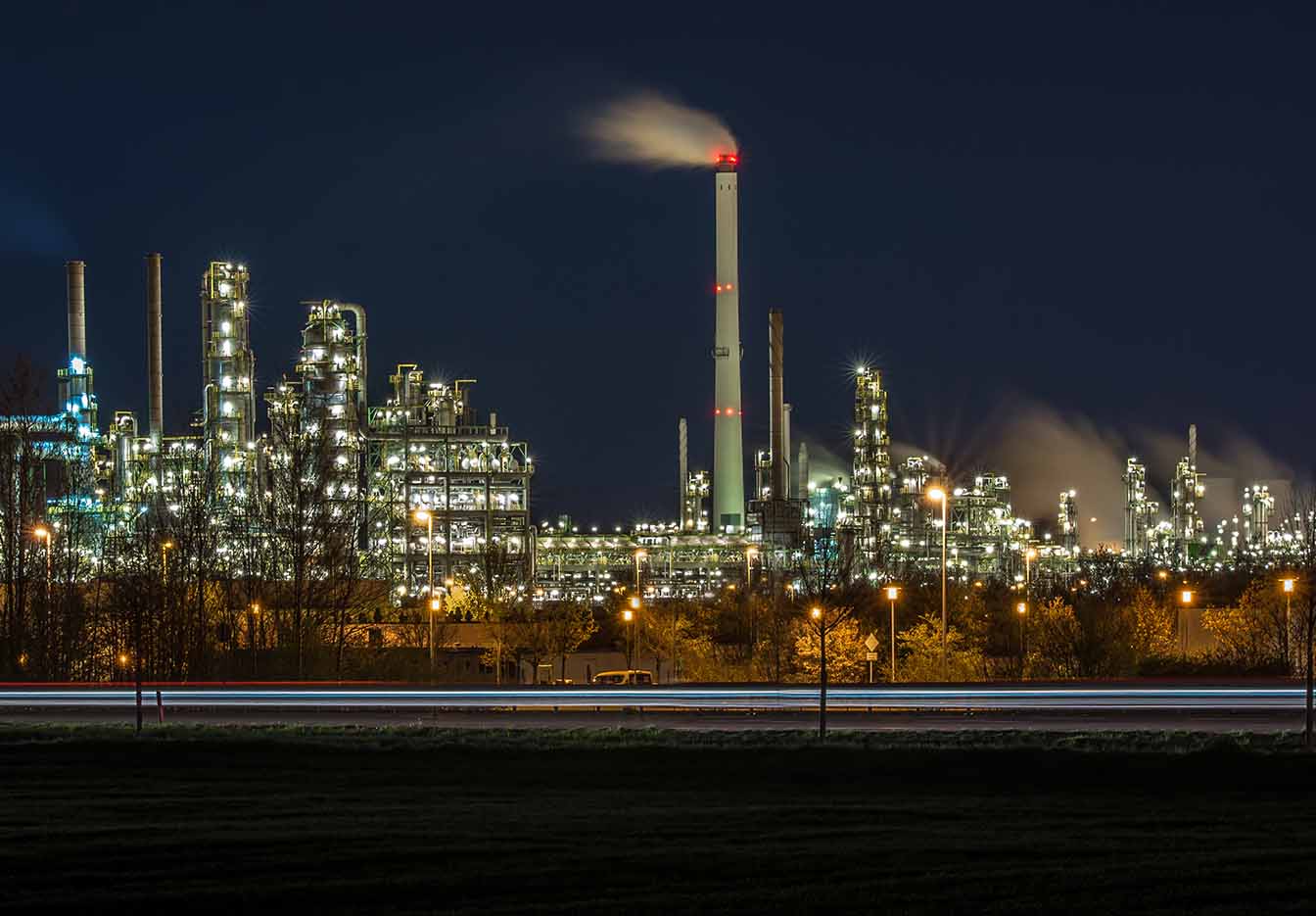There’s hardly an industry more systemically important: the start of the Covid-19 pandemic at the very latest, with the supply bottlenecks and the sudden shortage of everyday goods such as toilet paper it entailed, has shown us how fundamentally important our basic supply of food and hygiene articles is. In this respect, Germany for instance is comparatively privileged: According to the Federal Association of the German Food Industry (BVE for short), with more than 170,000 products available, the current food supply in Germany is as high-quality, safe, sustainable, varied and inexpensive as never before. However, especially in view of high gas prices, the urging energy transition and the increasing shortage of raw materials due to the geopolitical situation, it is clear that this status is anything but self-evident in an industry as energy-intensive as the food & beverages industry. Experts are convinced: Modern energy storage solutions are needed in order to ensure a constant and sustainable security of energy supply.
High energy consumption in the food & beverages industry
Millions of Europeans want to be supplied with fresh food every day. The energy transition as well as sustainable manufacturing and ecologically responsible livestock farming processes also play an important role for producers and consumers. If energy production becomes too expensive, this has a serious impact on all areas of the supply chain.
Most European countries have high requirements for the production, transport, storage and continuous cooling of perishable goods – processes that need high amounts of energy. To this day, most of this energy consumption is covered by gas.
Gas in the food & beverages industry: The status quo
Taking into account the current geopolitical situation and gas shortages, it quickly becomes clear how important securing energy supplies is for the food & beverages industry. If gas is not available in sufficient quantities, is too expensive and simply cannot be reconciled with the sustainability goals of industry and consumers, alternatives must be found. While the expansion of renewable energies is a high priority in wide parts of Europe – the volatility of these energy sources can pose challenges for an industry that relies heavily on the security of supply and has high quality requirements.
Resolve current and future energy security challenges
Throughout the production process and supply chain, the food and beverages industry needs a critical, energy-intensive equipment to ensure a consistently high quality. Against this backdrop, the frozen and fresh food industry in Germany warned of impending production stops in the food industry in view of high energy prices last fall. In an open letter to the German government, the industry said that small and medium-sized companies in particular would find it almost impossible to cope.
In addition to government subsidies and relief, such as offered by EU-wide and country-specific energy cost containment programs, great hope rests on modern thermal energy storage solutions such as ENERGYNEST’s ThermalBatteryTM.
New directions for energy supply security in the food & beverages industry
The advantage: Thermal storage technologies are a comparatively quick alternative to fossil fuels. They enable industrial companies to draw electricity from the grid at low cost during periods of strong sun and wind, store it and release it on demand. Inside ENERGYNEST’s ThermalBatteryTM, for example, which can be easily integrated into most industrial processes, the energy gained from renewable sources is subsequently stored as heat in a high-performance thermal concrete called “Heatcrete” and fed back into the processes in the form of steam when needed.
Energy storage and renewable energies – what are the advantages?
Decarbonization, energy affordability and energy security – especially independence from fossil fuels – are considered key goals of the industrial energy transition, which plays an important role especially in the energy-intensive food and beverages industry.
Thermal energy storage systems can play an important role in this context, as they can both store energy generated from renewable sources and make surplus process heat usable in the form of steam.
Good to know: With the help of energy storage systems, the company’s own renewable energy systems can also be integrated into production – this additionally promotes independence from fossil fuels.
Securing the energy supply of the industrial sector in the long term
This flexibility is indispensable, especially in view of the long-term energy supply for the food industry, since heat for industrial processes must be provided constantly. At the same time, thermal energy storage systems enable industrial companies to compensate for the fluctuating output of wind and solar power plants in a highly scalable and long-term manner – after all, the storage systems can be in operation for around 30 years after being implemented once in the respective plants.
Actively shaping energy security – and the energy transition
For companies that want to actively shape the energy transition and at the same time ensure a security of supply for consumers, thermal storage solutions are an attractive solution. Especially for processes that require temperatures between 100 and 400 degrees Celsius and where heat is mainly used in the form of steam, the ThermalBattery TM from ENERGYNEST convinces with its high efficiency. The additional possibility to recycle waste heat not only reduces energy costs in the company. The overall costs of the energy turnaround are also reduced, as storage facilities enable a more flexible use of green energy in this way. Likewise, the reduced costs also benefit consumers, who demand and pay for a seamless supply of fresh food produced as sustainably as possible.
Are you interested in ENERGYNEST, or have any questions regarding our thermal energy storage solutions or our applications for your specific industry?
Don’t hesitate to drop us a line.



